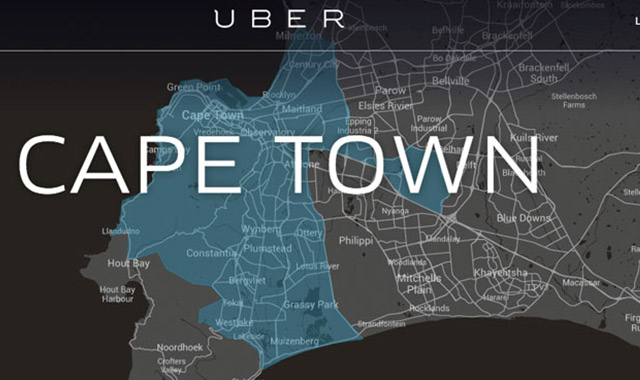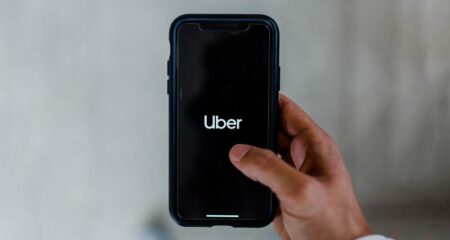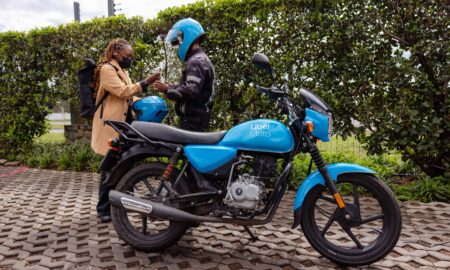
Uber wants metered taxi drivers to join the ride-hailing platform that has seen some success in South Africa.
“Our technology is open and pro-choice and we are keen to offer it to a broad number of taxi drivers to boost their occupancy rates and chances for profit,” Uber spokesman Samantha Allenberg said.
The comments come as increasing tension between metered taxi operators and Uber lead to confrontations and allegations of violence by operators.
Uber customers Kerri Lehmann and Lauren-Lee Poultney alleged that they were accosted by taxi drivers as they walked to an Uber car outside Sandton Gautrain station on Monday.
Uber also finds itself in a legal no-man’s-land as government officials grapple with the disruptive nature of the technology company valued at US$40bn.
Metered taxi associations in South Africa have echoed the sentiment expressed by colleagues in France, Brazil and India that Uber flouts regulations governing taxi operations.
“Our progress has been hampered whilst operating legally; Uber flouted all the laws deliberately and thus giving this illegal operator and unfair advantage of the legal industry,” said Aldino Muller, chair of the Western Cape Metered Taxi Council.
But Uber has managed to attract metered taxi drivers to its cashless online application platform.
“In fact, many metered taxi drivers are already using our technology to boost their incomes and we would welcome more who wish to join their colleagues,” Allenberg added.
While negotiations are ongoing between government officials, Uber and the taxi associations, the company is seeing an adoption from smartphone users who generally pay less per Uber ride than from a taxi.
“We have been engaging with metered taxi associations since the beginning of the year to find a way that we can partner with them. We do not feel that it should be about Uber or taxi, but rather Uber and taxi,” Allenberg said.
Uber has also been hit with safety concerns following attacks on women India and the US by Uber drivers.
The company insisted that it conducted stringent checks on potential drivers to ensure customer safety.
“We’re very comfortable that we’re the gold standard here by a long shot for safety. Every single driver who operates on the system goes through a fingerprint criminal background check,” Anthony le Roux, former Uber GM for Cape Town, said recently.
He added that 15% to 20% drivers with PDPs (official licences for public driving) who apply to Uber have criminal records.
“It’s the app itself that has the best safety feature of them all, because after every trip that you take you have to rate your driver between one to five stars,” said Le Roux.
Allenberg said that there were no reports of violence in Cape Town, and the company was engaging the authorities.
“We are working with all relevant stakeholders in Johannesburg and Gauteng to resolve this as a matter of urgency. We hope tourists, business travellers and residents alike can enjoy a safe, affordable, hassle-free time travelling however they choose to get around Johannesburg.” — Fin24




